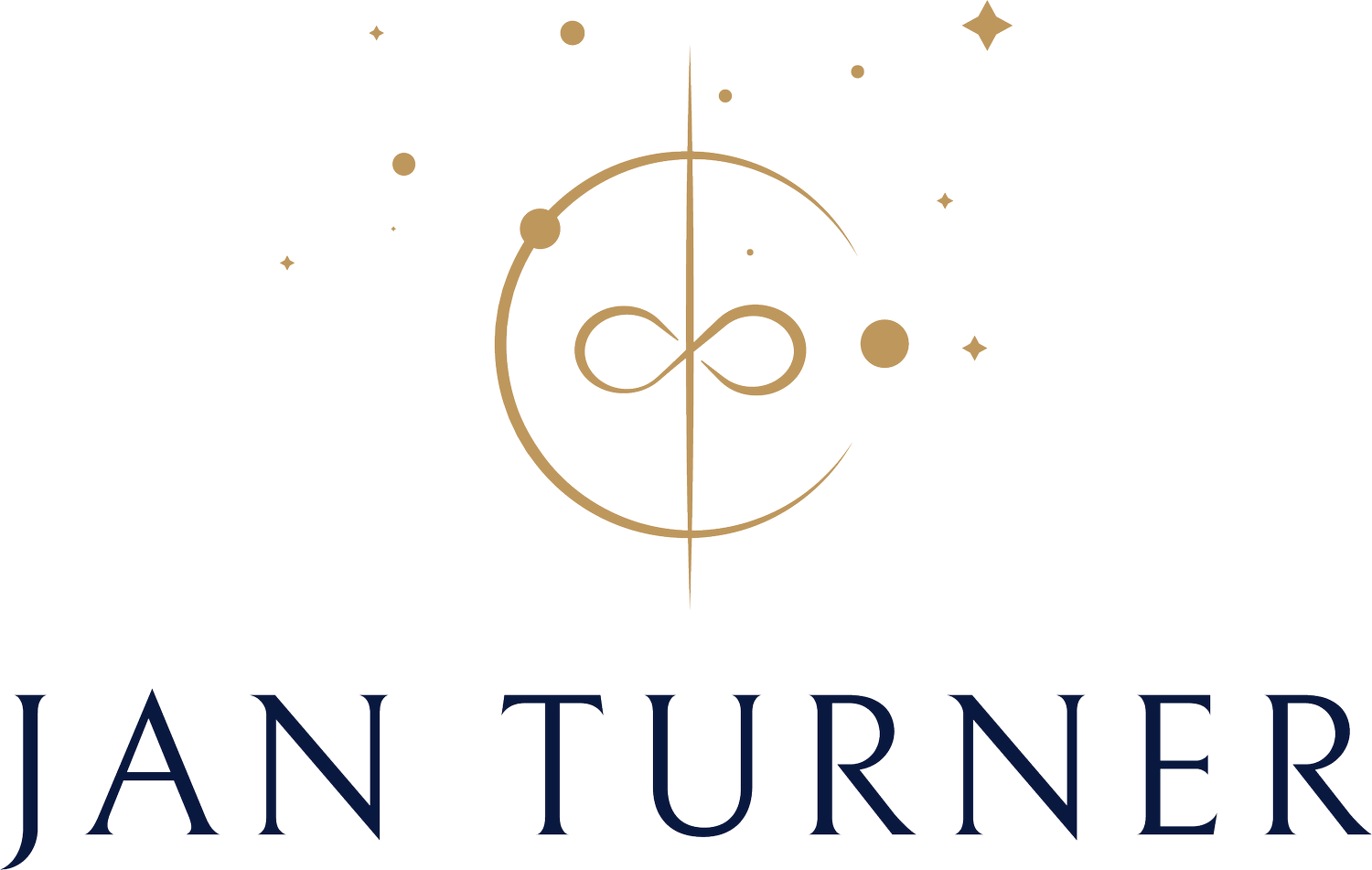Who Are You Without Your Job?
Years ago, I used to think my identity was completely wrapped up in my job title and all that came along with it. When someone asked me who I was, I’d just rattle off what I did for a living. It felt perfectly normal back then, until it didn’t anymore.
Burnout was my wake-up call. The first time it knocked me down, I realized just how fragile my sense of self had become. Without the title, the many professional obligations, a rigorous schedule and the endless deadlines, I felt adrift. Who was I if I wasn’t defined by my work?
This is a question I often hear from the leaders I coach. Many only realize after facing a crisis or a big unexpected change that their identity has been too closely tied to their job. According to Deloitte, nearly half of workers see themselves primarily through their profession. Gallup’s research backs this up, showing that employees who link their self-worth to their work are more prone to disengagement and stress. The data reflects my own hard fought and hard won experience: when our identity is heavily based on how we perceive our professional performance and productivity, the toll can be steep.
The coping strategies we adopt are all too familiar. They often look like workaholism masquerading as dedication or perfectionism dressed up as high standards. While these patterns might help us achieve short-term success and provide momentary satisfaction, they can drain our energy and limit our understanding of who we are in the long run.
These thought patterns also can have an addictive quality that tries to trick us into thinking that real joy or a lasting sense of accomplishment is always a bit farther ahead. To illustrate, the talk track in your head might sound like: “I can slow down after I get the next promotion,” “I can make time for a hobby after I win the next big account,” or “I can switch careers and do something I love after the mortgage is paid off.”
The real change starts when we broaden our perspective and open up to personal truth. Leaders who find meaning beyond their work not only reclaim a healthier sense of self, but also become more effective in their roles.
It’s a paradox: when we stop tying our identity to our work, we actually show up more authentically at work.
And it’s important for both employees and employers alike.
Teams can feel the difference when their leaders are grounded in their true selves rather than just their job titles. Such leaders’ ability to empathize, actively listen, offer genuine support, be open to feedback and clearly communicate a compelling way forward are examples of this.
Over the course of my own career, I’ve experienced this phenomenon in various ways – whether it was choosing for whom I want to work, sensing how I truly felt while navigating difficult challenges as part of a senior team, or living it day in and out as a leader across the best and worst of business conditions.
So here is the reflection I want to leave with you: If your job title disappeared tomorrow, what parts of you would remain? And how might leading from that place change the way you show up for yourself and for others starting today?
Because identity built only on roles is fragile. Identity rooted in wholeness is what sustains us over the long-haul. It keeps us in alignment with ourselves and enables us to truly connect with others. Welcome the paradox.
